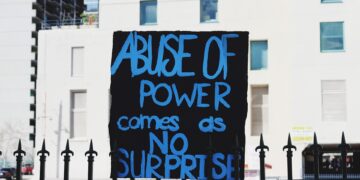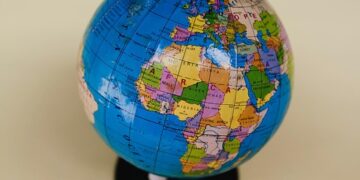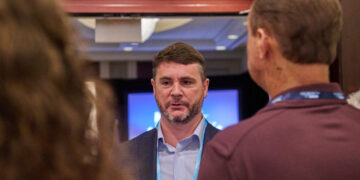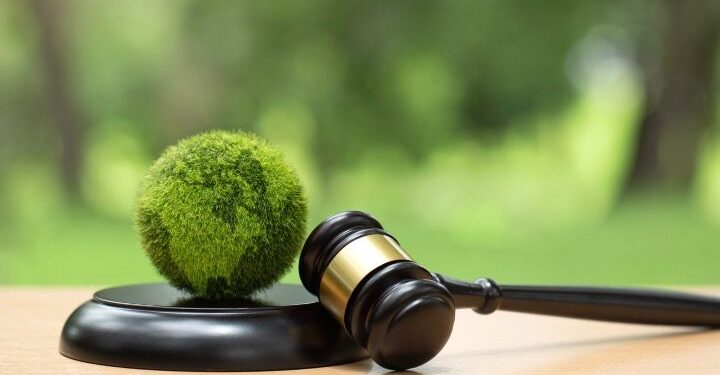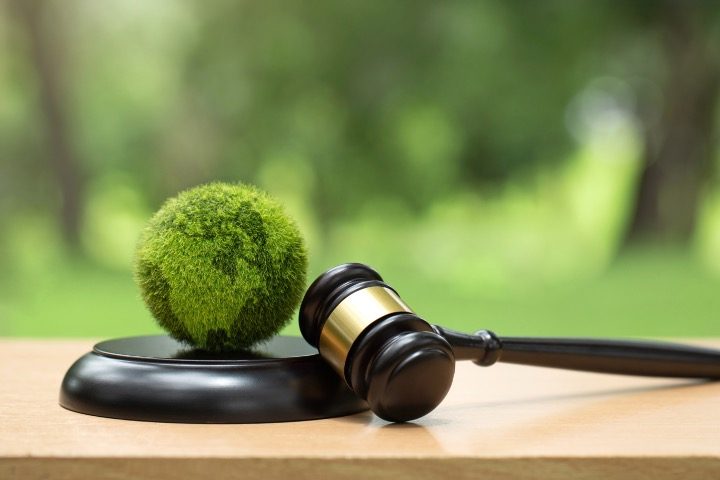
A newly formed climate-alarmist group is looking to name and shame individuals who they claim are most responsible for the alleged climate crisis the world is supposedly facing. The Climate Criminals Project is an offshoot of the Climate Accountability Research Project (CARP). CARP was formed with assistance from several climate-alarm groups, including 350.org, Climate Clock, Global Center for Climate Justice, Greenpeace, and Summer of Heat.
The “Climate Criminals” Campaign
On July 22, which was apparently Climate Emergency Day, the group revealed their first list of climate criminals. This includes 24 individuals who have connections to the fossil fuel industry or financial institutions who work with fossil fuel companies, or are involved with climate “denial” think tanks. CARP claims that these individuals commit fraud, money laundering, and other offenses to put the Earth in danger of climate calamity.
“The Climate Criminals campaign aims to raise awareness of the web of individual offenders who operate behind the scenes, puppeteering the fossil fuel industry’s operation in the shadows—the climate disruption kingpins—instead of the getaway drivers or politicians who do the bidding,” said CARP co-founder Chuck Collins.
“These leading offenders have used their personal wealth, power and position to press the accelerator on climate change by promoting climate disinformation, engaging in greenwashing, lobbying for and implementing new fossil fuel extraction projects, and delaying public action on climate change. These are the top enemies of the earth, and future generations will want to know who was personally responsible,” Collins said.
The “Criminals”
Among these “climate criminals” are Bernard McNamee, a former commissioner with the
Federal Energy Regulatory Commission who contributed to the energy section of the much maligned Project 2025; Jamie Dimon, the CEO of JPMorgan Chase; James M. Taylor, president of The Heartland Institute; and Kevin Roberts, president of The Heritage Foundation.
According to environmental activist Daniel Faber:
America’s top corporate polluters … are architects and facilitators of profit over ecological and social welfare and must be held to account.
Ideally, CARP would like to see those on their list of climate criminals face some type of international tribunal for their “crimes” against the climate.
“Imagine a time, in the not-too-distant future, when an international tribunal convenes to ask the question: Who is responsible for climate disruption?” asked Collins and CARP researcher Tara Steckler at the Common Dreams website.
The “Crimes”
What exactly have these “climate criminals” done?
Collins and Steckler claim that their “climate criminals” “knew about the dangers of burning oil, gas, and coal, with their atmosphere-altering properties, but did nothing about it,” and “worked to promote disinformation, block changes, and delay action.” Furthermore,
The climate criminals use their power to run out the clock on climate change. They have brought us to the point of living through rising climate disruption with unprecedented rising temperatures, droughts, wildfires, floods, and rising ocean temperatures and sea levels.
They “are the ‘apex predators’ in the climate inaction ecosystem. Future generations will know their names,” Collins and Steckler declared.
CARP claims its list of climate criminals is worth just south of $30 billion. Plus, they’re just not DEI enough for CARP’s liking. CARP noted in a press release:
Of the 24 climate criminals, 21 are male and 3 are female; 23 are white; 13 of the Climate Criminals were born before 1965; only one was born after 1980.
What Does CARP Want?
CARP is urging supporters to sign a petition asking the International Criminal Court (ICC) to investigate these “climate criminals.” States the petition:
We charge these 24 people with climate crimes. These individuals have had considerable power, agency, and wealth to promote climate denial, sow doubt about science, block alternatives, and delay action on climate change. They have locked our planet onto an ecological collision course.
Unfortunately, the idea of holding business owners, fossil fuel entities, and climate realists responsible for climate inaction is not as absurd as it sounds. Recall that in April the European Court of Human Rights (ECHR) found that the Swiss government “had failed to comply with its duties” vis-à-vis climate policy.
Ultimately, the Swiss government chose to disregard the ECHR’s ruling, but this shows how international courts may rule on such cases in the future.
Shop For Night Vision | See more…
Shop For Survival Gear | See more…
-
Sale!

Quick Slow Release Paramedic Survival Emergency Tourniquet Buckle
Original price was: $14.99.$7.99Current price is: $7.99. Add to cart -
Sale!

Stainless Steel Survival Climbing Claw Carabiner Multitool Folding Grappling Hook
Original price was: $19.99.$9.99Current price is: $9.99. Add to cart -
Sale!

Tactical Camo Nylon Body Armor Hunting Vest With Pouch
Original price was: $49.99.$39.99Current price is: $39.99. Select options This product has multiple variants. The options may be chosen on the product page

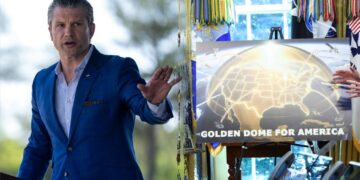


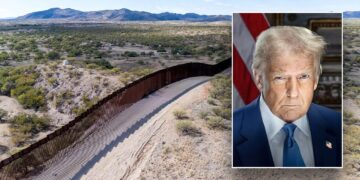
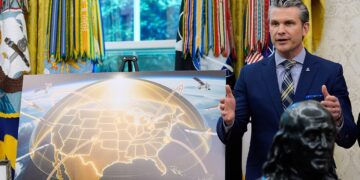




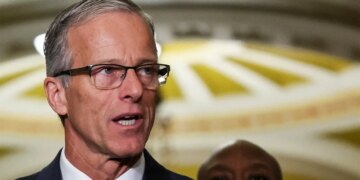






















 Reaction & Commentary
Reaction & Commentary